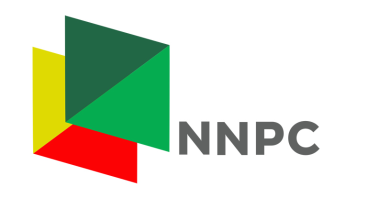FG Extends the Suspension of the N25 Million FRCN Levy and Considers a Legislative Review
The Federal Government has extended suspension of FRCN’s N25 million levy on large companies.
It says more reforms and talks are needed to ease pressure on Nigerian businesses.
The Federal Government has extended the suspension of the controversial N25 million annual levy imposed by the Financial Reporting Council of Nigeria (FRCN), citing the need for broader legislative reforms and continued stakeholder engagement.
Announcing the decision on Sunday, the Minister of Industry, Trade, and Investment, Dr. Jumoke Oduwole, confirmed that the suspension will remain in effect while the government undertakes a comprehensive review of the FRCN (Amendment) Act, 2023. The move comes in response to growing pressure from business leaders and trade groups who criticized the levy as unfair and detrimental to Nigeria’s investment climate.
Businesses get temporary relief
The levy, which applies to Public Interest Entities (PIEs) including large private and publicly listed companies, has been the subject of intense debate due to its financial implications. While public companies were required to pay a flat rate of N25 million, private PIEs faced annual charges ranging from 0.02% to 0.05% of their turnover with no upper limit.
To ease compliance concerns, Oduwole has directed the FRCN to implement an interim cap of N25 million on dues for private PIEs, aligning their payment structure with listed firms. This temporary measure is intended to reduce regulatory uncertainty and support businesses already grappling with economic headwinds.
“This interim measure provides clarity and ensures stability for affected firms while legislative amendments are considered,” the Minister stated.
Reform agenda underway
In March 2025, the Ministry inaugurated a Team Working Committee to engage with stakeholders and examine the levy’s broader impact. The committee included representatives from major industry associations such as the Nigeria Employers’ Consultative Association (NECA), Manufacturers Association of Nigeria (MAN), and the Nigerian Association of Chambers of Commerce, Industry, Mines and Agriculture (NACCIMA).
Over three weeks, the committee conducted six sessions and produced a detailed impact report submitted to the Ministry in April. The findings played a crucial role in shaping the government’s position and informing President Bola Tinubu about widespread opposition to the law.
Industry stakeholders, including the Oil Producers Trade Section (OPTS) and the Association of Licensed Telecom Operators of Nigeria (ALTON), were vocal in their criticism of the Act’s provisions, especially the reclassification of large private firms as PIEs without due consideration of their operational challenges.
Towards a pro-business legal framework
The FRCN, operating under the Ministry of Industry, Trade and Investment, is mandated to regulate accounting and financial reporting standards in Nigeria. The amended Act, signed into law on May 3, 2023, sought to enhance corporate governance. However, Section 33 of the law has been widely opposed for imposing disproportionate levies on private companies.
Dr. Oduwole reaffirmed the government’s commitment to regulatory fairness, adding that the Ministry of Justice will initiate the necessary steps for legislative amendments to align the framework with Nigeria’s competitiveness and ease of doing business agenda.
“The Tinubu administration remains committed to reforms that promote investment and transparency while easing regulatory burdens for responsible businesses,” she said.
As discussions continue, stakeholders await the outcome of the legislative process that could redefine Nigeria’s corporate governance environment in the years ahead.



